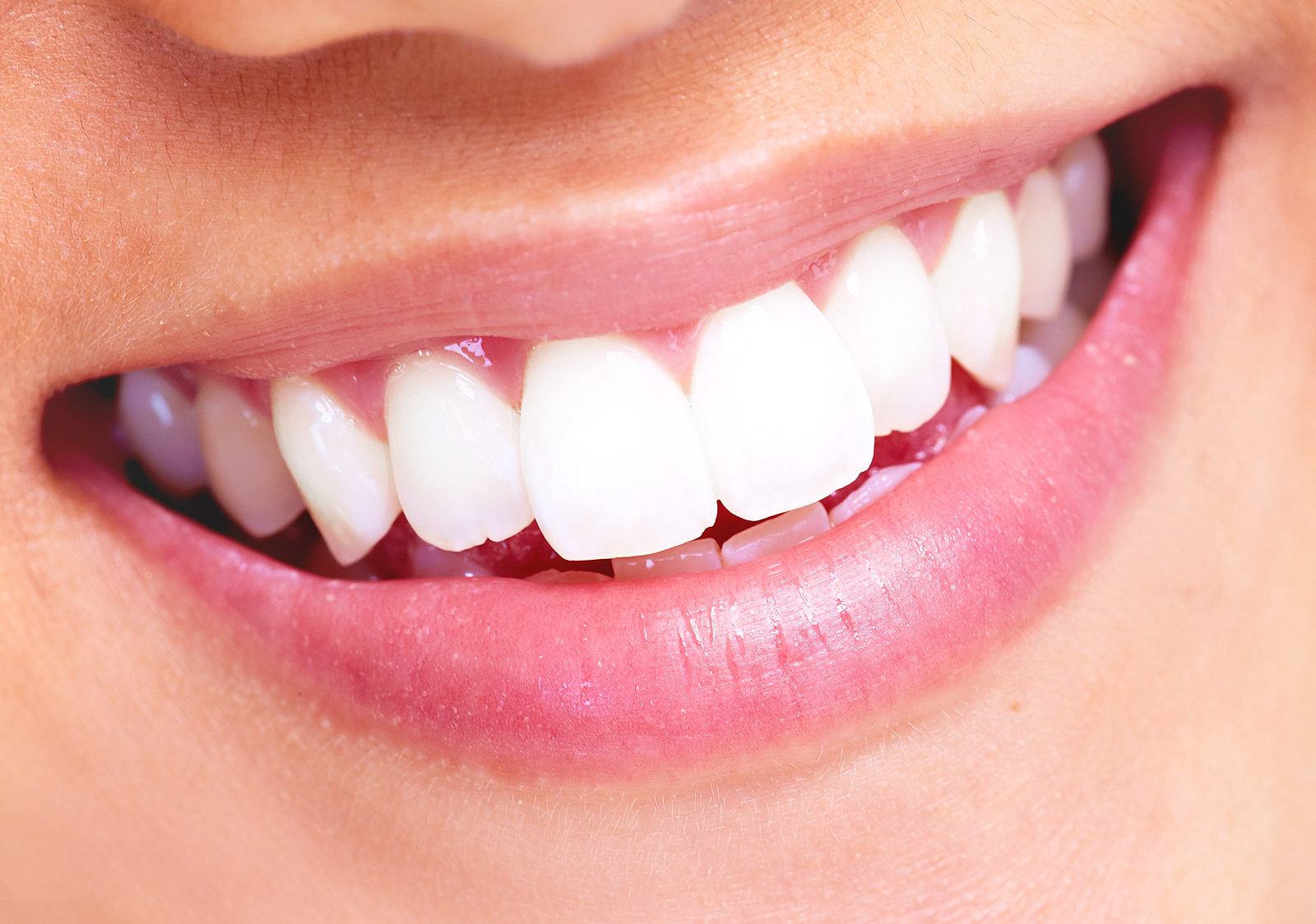What Are the Causes of Gum Disease?
The most common cause of gum disease is plaque buildup. Plaque is a sticky film of bacteria that constantly forms on our teeth. If we don’t properly remove plaque from our teeth, it can harden into tartar, making it harder to remove. This leads to inflammation of the gums, called gingivitis. Other causes of gum disease include the following:
Poor Oral Hygiene
One of the main causes of gum disease is poor oral hygiene. Plaque and food particles can accumulate on the teeth, especially around the gum line and between the teeth. If left uncleaned, these particles can lead to the development of gingivitis, the first stage of gum disease. When left untreated, it can progress into periodontitis.um disease is plaque buildup. Plaque is a sticky film of bacteria that constantly forms on our teeth. If we don’t properly remove plaq...
Tobacco Use
Several hormones and chemicals found in tobacco can weaken the attachment between the gums and teeth, which opens up gaps between them where bacteria can collect and cause gum disease. In fact, tobacco use may be the single most important cause of periodontal disease. This is because it not only increases your risk of developing gingivitis but also makes it harder for the disease to be reversed once it has developed.
Smoking also decreases blood flow in the gums, which can make it more difficult for your gums to heal after they have been treated. It’s best to quit smoking if you currently do in order to protect your oral health.
Genetics
Your genes can play a role in the development of gum disease. If you have a family history of gum disease, then you may be at greater risk for developing it. This is especially true if you smoke or use tobacco products, as these habits make gum disease worse.
Genetics can also contribute to how severe your gum disease may be and the type of treatment needed to treat it. For example, if one of your parents has gum disease, you may have a higher chance of having severe forms of the disease as well. In this case, you may need more aggressive treatments like root planing and scaling to help eliminate symptoms.
Medications
Certain medications can also increase your risk of developing gum disease or make the symptoms more severe. Talk with our dentist if you think you’ve been prescribed medications that may put you at a higher risk of gum disease. They may recommend changing prescription or over-the-counter medications that can contribute to gum problems. Some common examples of these include sleep aids, antihistamines, antidepressants, and pain relievers.
To learn more, visit Biltmore Commons Dental Care. You can schedule an appointment with us by calling (602) 249-2227.






















0 comments